Florida, the “Sunshine State,” reels you in with its sandy beaches, palm trees, and amusement parks, but you might find yourself running back north when the suffocating humidity makes it hard to breathe or mandatory hurricane evacuations force you from your home.
The state attracts individuals from all corners of the globe. However, hurricanes and humidity are just some of the drawbacks that new residents will experience in this subtropical paradise.
Let’s explore the pros and cons of relocating to Florida, so you can make an informed decision.
Sunshine

Florida averages over 240 days of sunshine each year. This weather fosters an active lifestyle, encouraging residents to indulge in outdoor activities like beach volleyball or jet skiing. However, the intense sun can also lead to higher rates of skin cancer, so sunscreen is a must.
Real Estate

Property values can surge, particularly in coastal areas and thriving metro markets like Tampa, Jacksonville, and Boca Raton, creating lucrative opportunities for homebuyers. Exploring condos for sale in Boca Raton offers a chance to invest in prime real estate with strong long-term value, making it an excellent choice for those seeking a vibrant and upscale living experience. However, potential homeowners should be mindful of the market’s volatility, as rapid price increases can sometimes be followed by steep declines.
Hurricanes

Each year, from June to November, Florida faces the hurricane season, which brings powerful storms to its shores. While modern infrastructure and forecasting have improved safety and preparedness, hurricanes can still cause significant damage. Residents often face evacuation orders, property damage, and sometimes, power outages lasting days.
Cost of Living

While some areas in Florida offer affordable living, others, especially tourist-heavy cities, can be exorbitantly expensive. This discrepancy can affect everything from housing to everyday expenses like groceries.
Taxes

One of the financial perks of living in Florida is the absence of a state income tax. This policy can significantly lower the overall tax burden on residents, making it an attractive spot for retirees and businesses. It’s important to consider, though, that this might lead to higher property taxes and sales taxes to fund state services.
Humidity

Florida’s high humidity levels contribute to a near-perpetual summer feel but can be uncomfortable. The moisture can exacerbate heat-related illnesses and make daily activities stifling. Home maintenance can also be challenging, as damp conditions promote mold growth.
Traffic

Major cities in Florida suffer from significant traffic congestion, particularly in Miami, Orlando, and Tampa. Public transportation options are available but can be limited. Residents often rely on personal vehicles, which contributes to the high traffic volumes.
Job Market
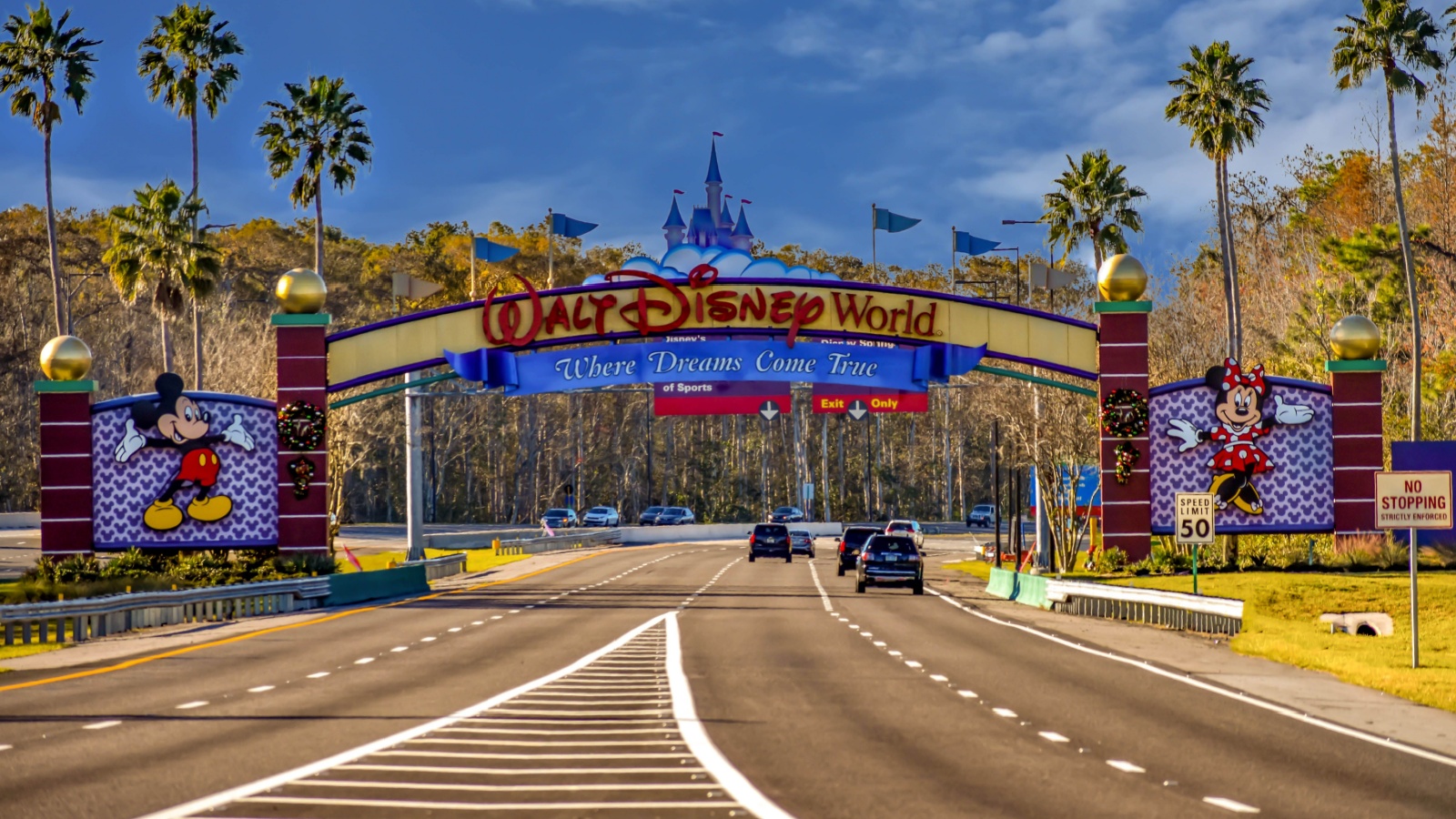
Florida’s economy is booming, with a focus on tourism, agriculture, and aerospace. Orlando and Miami are hubs for employment in hospitality and tech industries, respectively. Job seekers should be aware, however, that wages can vary widely.
Culture

Floridian culture is influenced heavily by Latin American and Caribbean immigrants. This melting pot creates a vibrant community with an array of festivals, foods, and music. It’s crucial, however, to navigate this diversity with sensitivity and openness.
Retirees

With its warm climate and senior-friendly amenities, Florida is often considered a haven for retirees. The state offers numerous retirement communities with designed activities and healthcare facilities. Prospective residents should be aware of the cost of living and healthcare expenses, which can be higher in popular areas.
Education
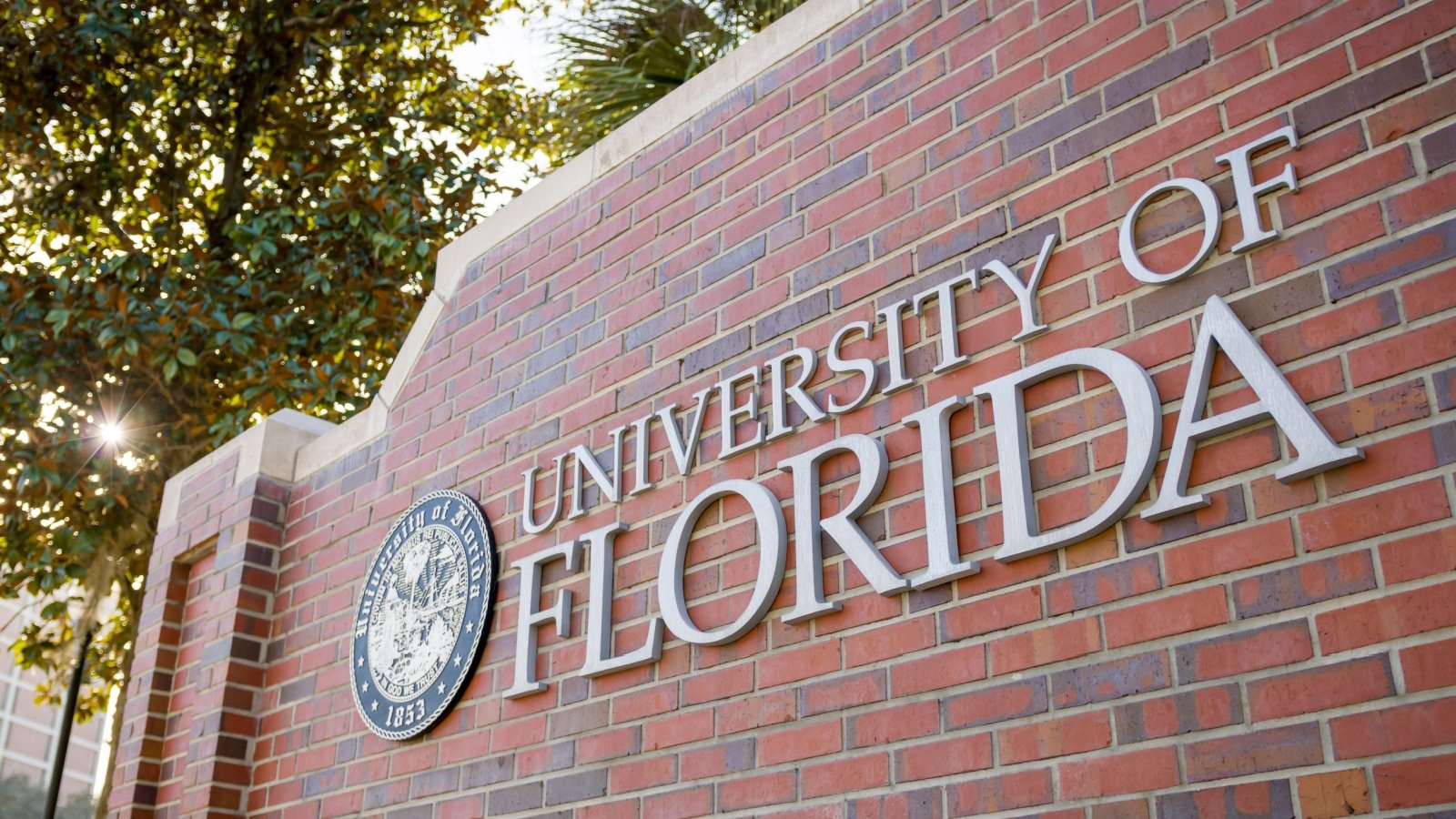
The University of Florida and Florida State University attract students from around the world and are pivotal in the state’s research and development efforts. Despite this, the primary and secondary education system faces challenges like funding disparities and overcrowding.
Nightlife

The nightlife in Florida is as varied and vibrant as its population. Cities like Miami are known worldwide for their clubs, bars, and live music venues. Night owls should be cautious, as these environments can also be hotspots for crime and excessive alcohol consumption.
Wildlife Encounters
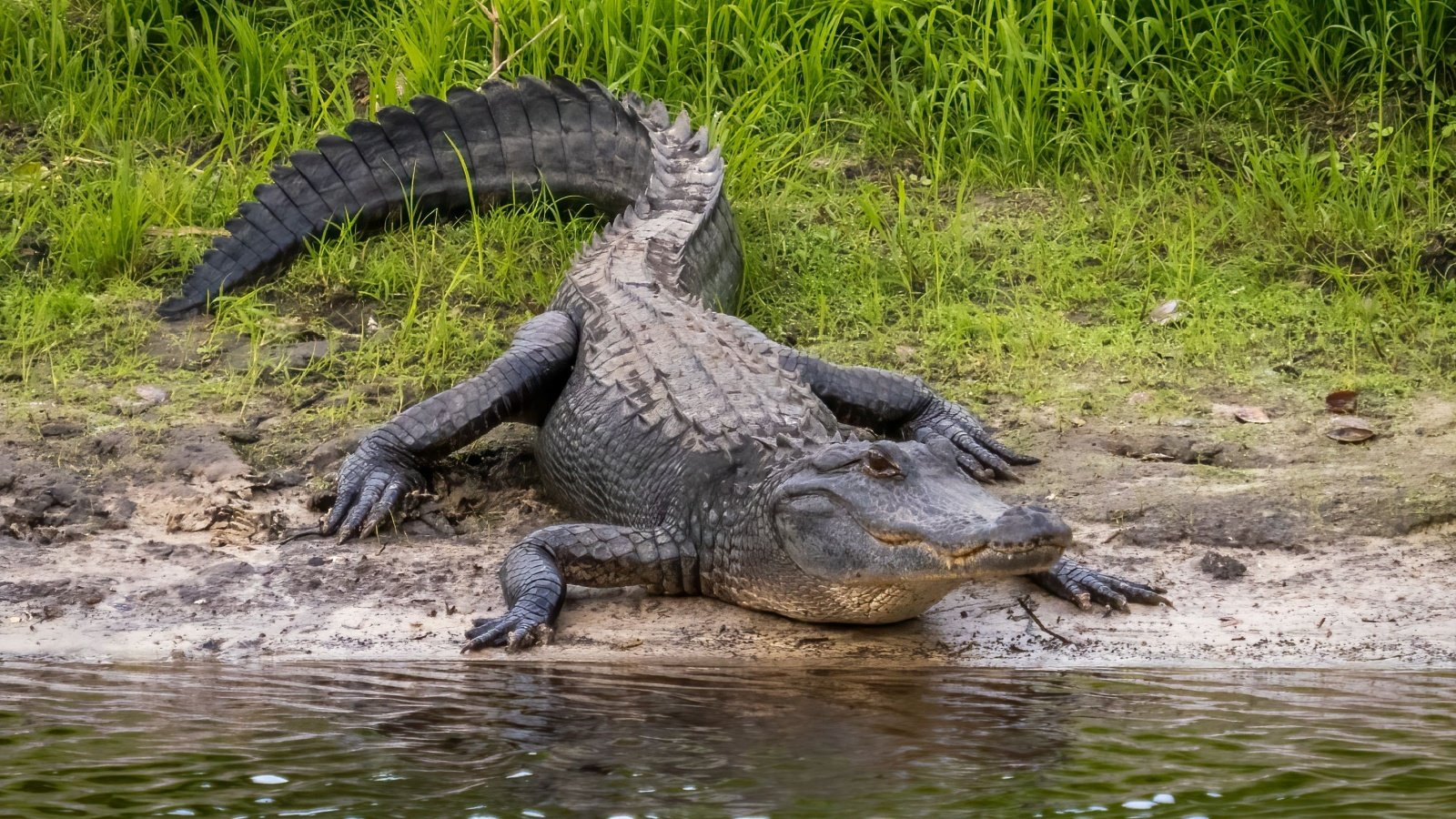
From alligators in backyards to panthers crossing roads, encounters with native species are common. While these experiences can be thrilling, they necessitate precautions to ensure safety and respect for animal habitats.
Water Sports

With its extensive coastline and numerous lakes, Florida is a paradise for water sports enthusiasts. Activities like fishing, boating, and paddleboarding are commonplace. Participants must be mindful of the environmental impacts of these sports.
Snowbirds

The phenomenon of “snowbirds” — residents who live in Florida only during the winter months — impacts the state’s demographics and economy. These seasonal inhabitants help boost local economies but can also strain resources like water and healthcare. Full-time residents may experience increased traffic and service delays during peak seasons.
Agriculture

Florida is a major agricultural state, leading in citrus, strawberries, and tomatoes. This sector supports the local economy and ensures a steady supply of fresh produce. Farming practices, however, must adapt to challenges posed by climate change and water management issues.
The Arts
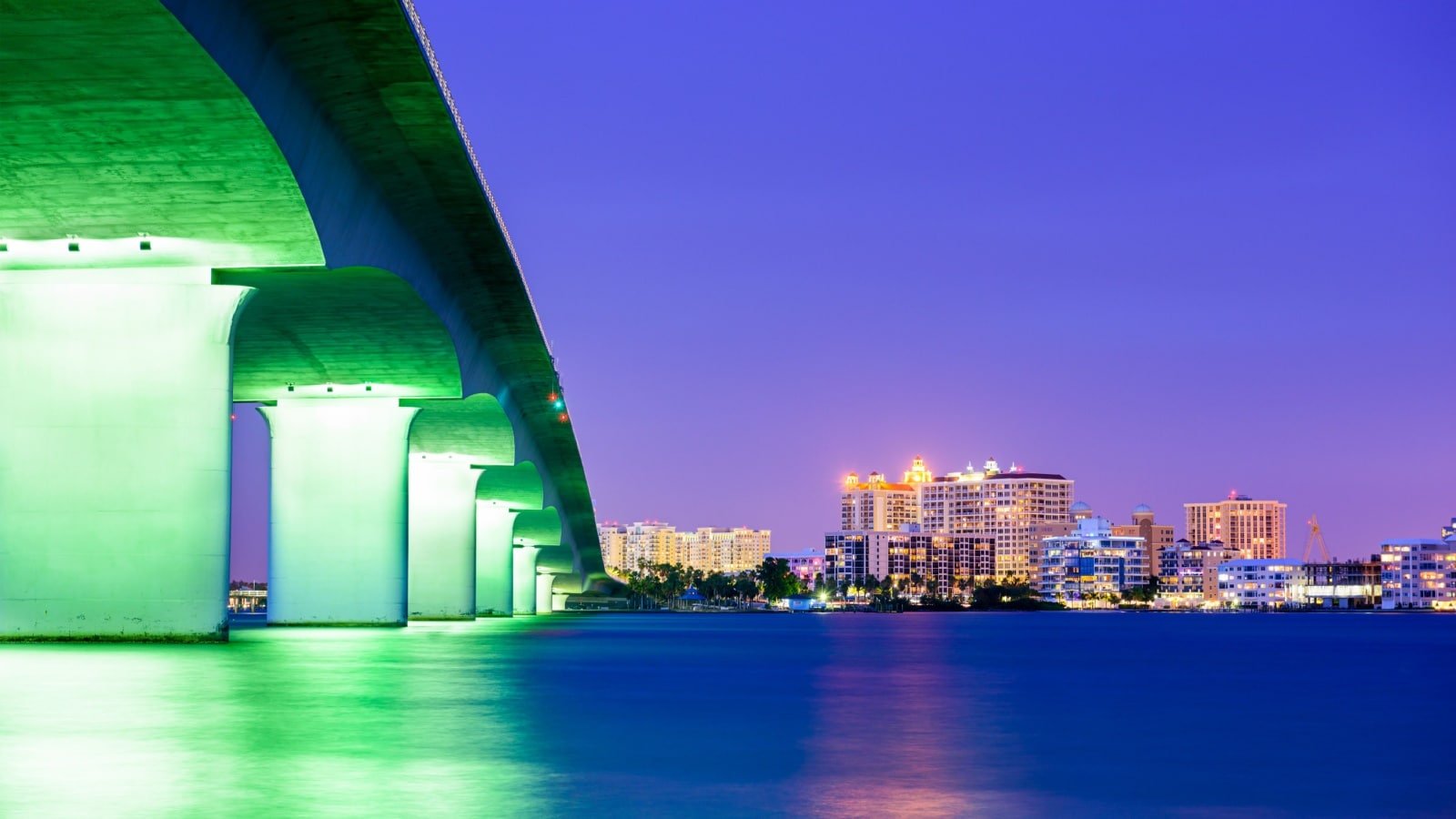
The state is thriving with numerous galleries, theaters, and museums, especially in Sarasota and St. Petersburg. These venues attract tourists. Funding for the arts, though, is often in flux, reflecting broader economic conditions.
Insurance

Due to its susceptibility to natural disasters, insurance costs in Florida, especially homeowner’s and flood insurance, are among the highest in the nation. Residents must navigate these high costs while balancing adequate coverage to protect against potential losses.
Environment
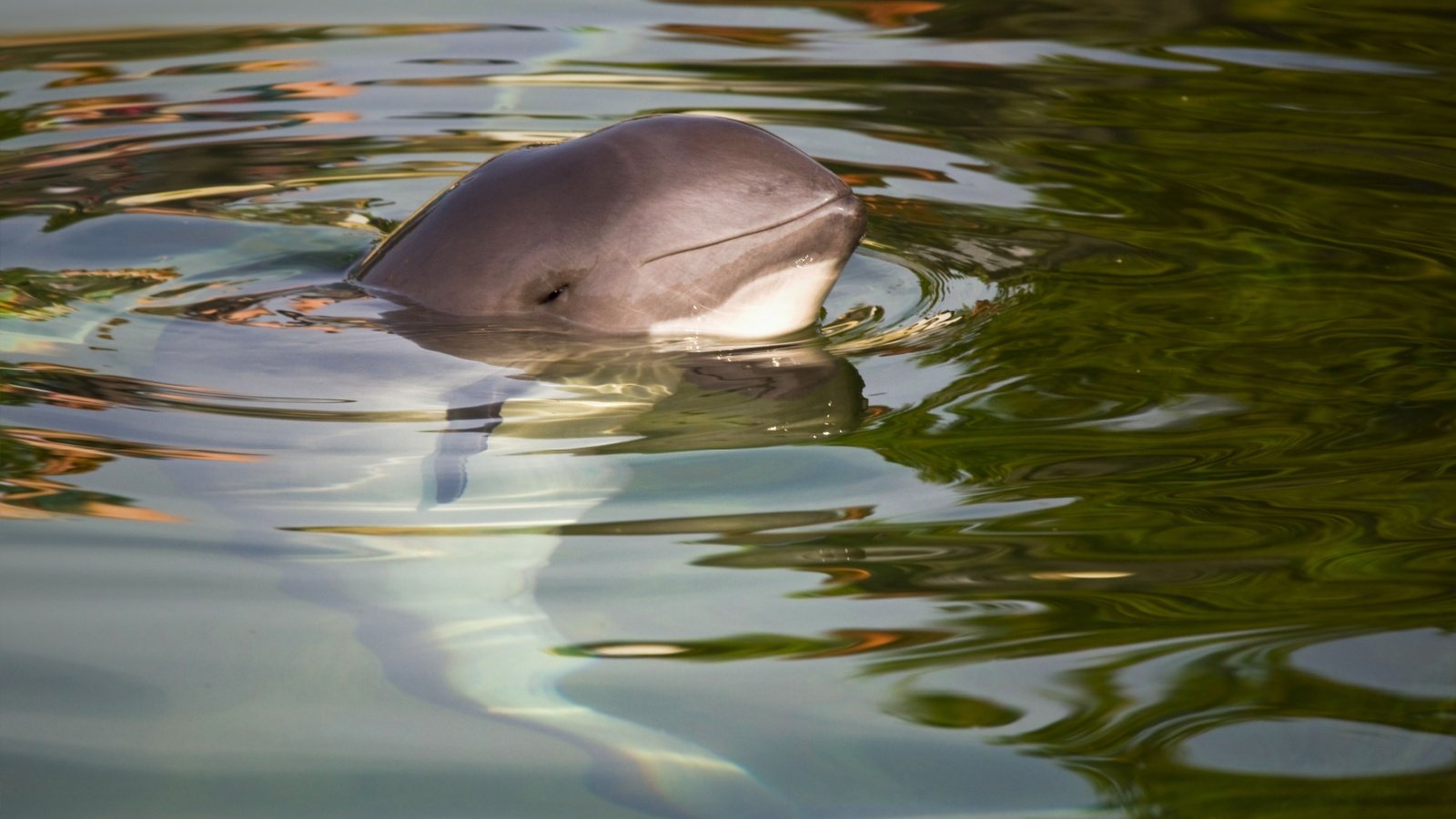
Florida faces significant environmental challenges, including coastal erosion, coral bleaching, and water pollution. These issues threaten the state’s natural beauty and biodiversity. Effective environmental policies aim to mitigate these effects and protect the environment.
Festivals

The state hosts numerous outdoor festivals year-round, celebrating everything from music and food to history and culture. These events provide entertainment and community engagement opportunities. Attendees should prepare for the weather and large crowds.
Healthcare

Florida is home to cutting-edge healthcare facilities, including the renowned Mayo Clinic in Jacksonville. These institutions offer advanced medical treatments and conduct important clinical research. Access to such high-quality healthcare can be costly.
Community

Despite its size, many areas in Florida maintain a strong sense of community. Local events, neighborhood associations, and volunteer groups foster a sense of belonging. Newcomers should engage with their community to fully experience the benefits of Florida’s diverse social fabric.
Natural Springs
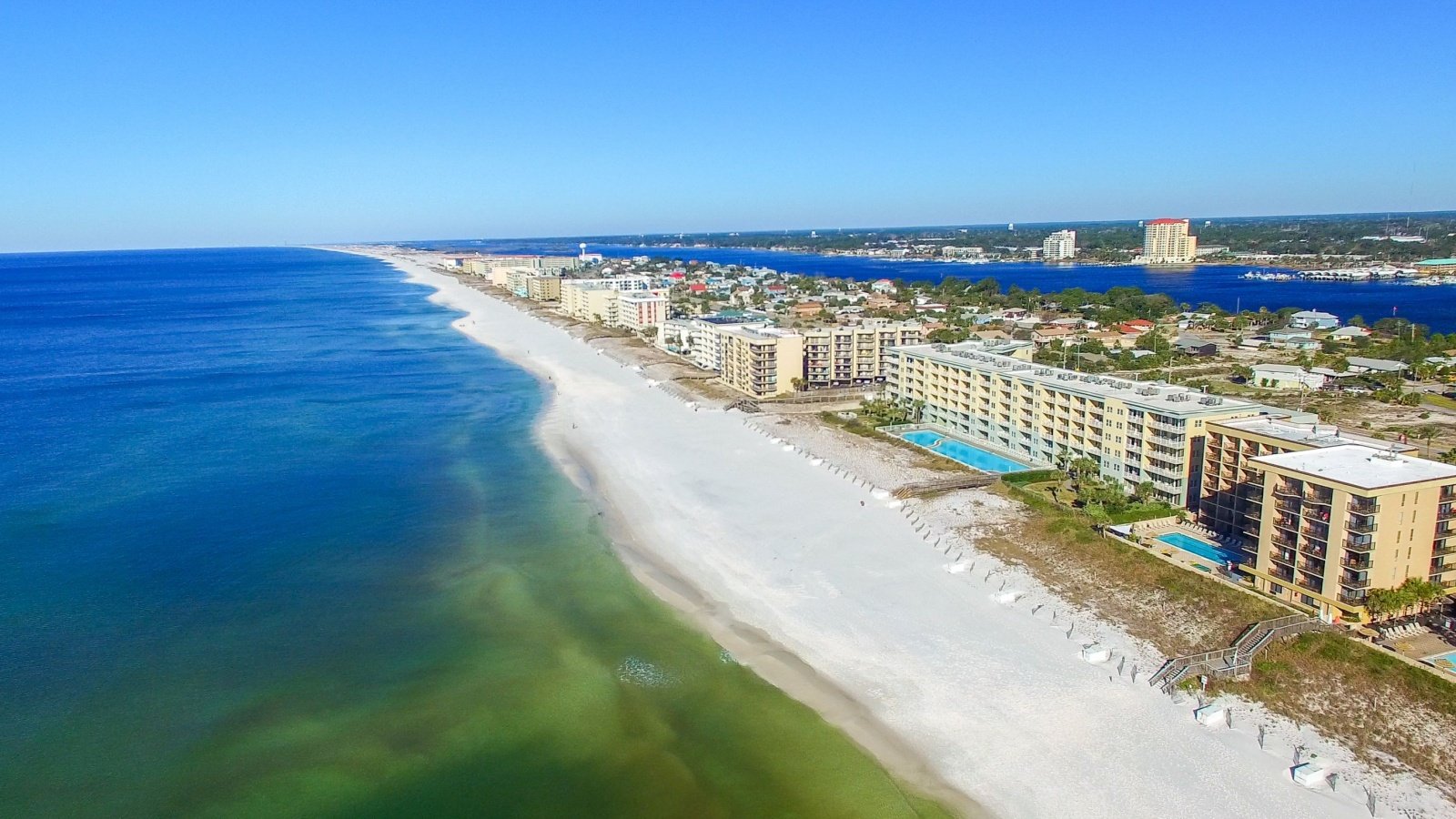
Home to over 700 natural springs, Florida boasts the largest concentration of freshwater springs on Earth. These ecosystems support a variety of wildlife, including manatees and alligators.



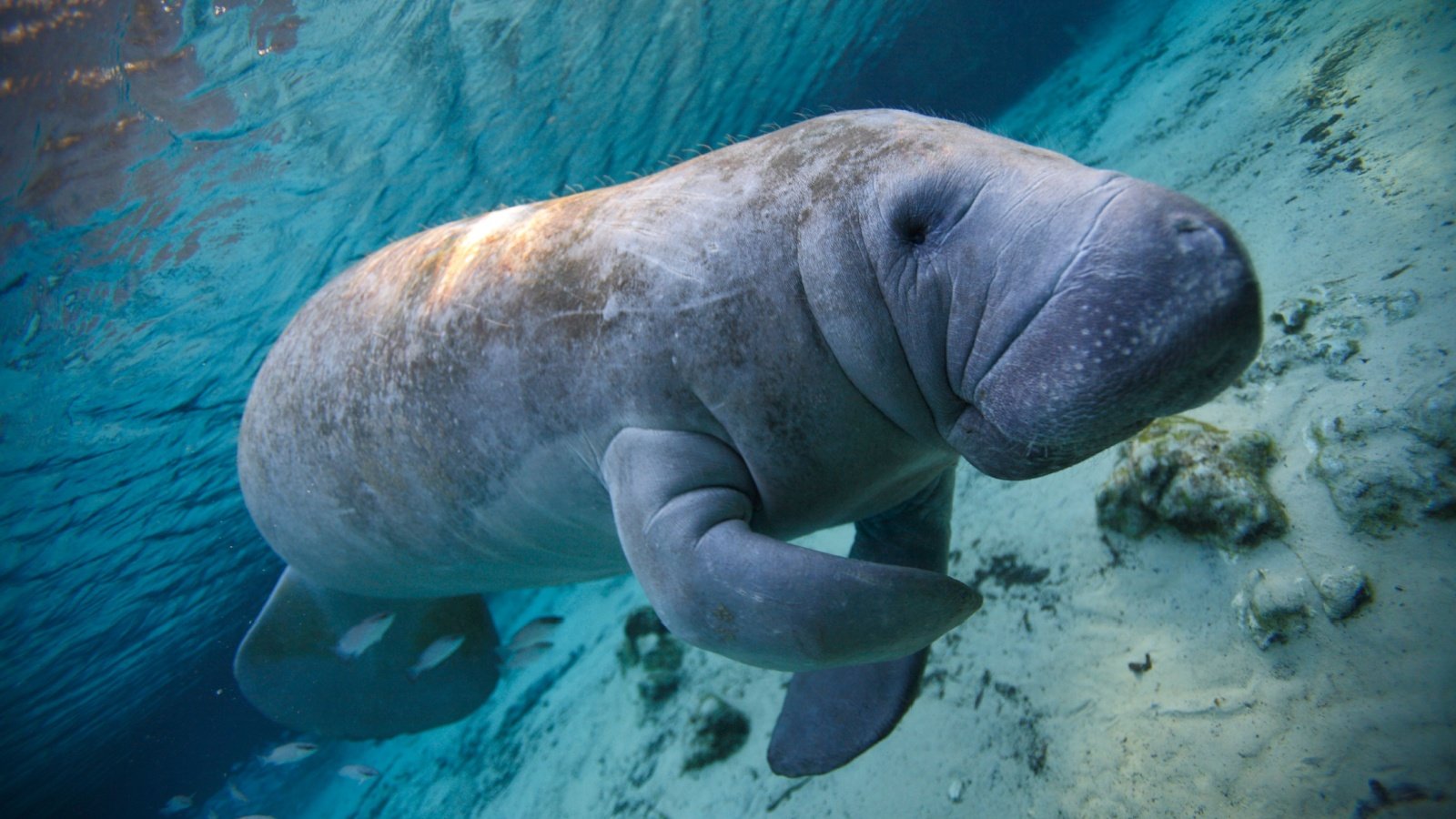



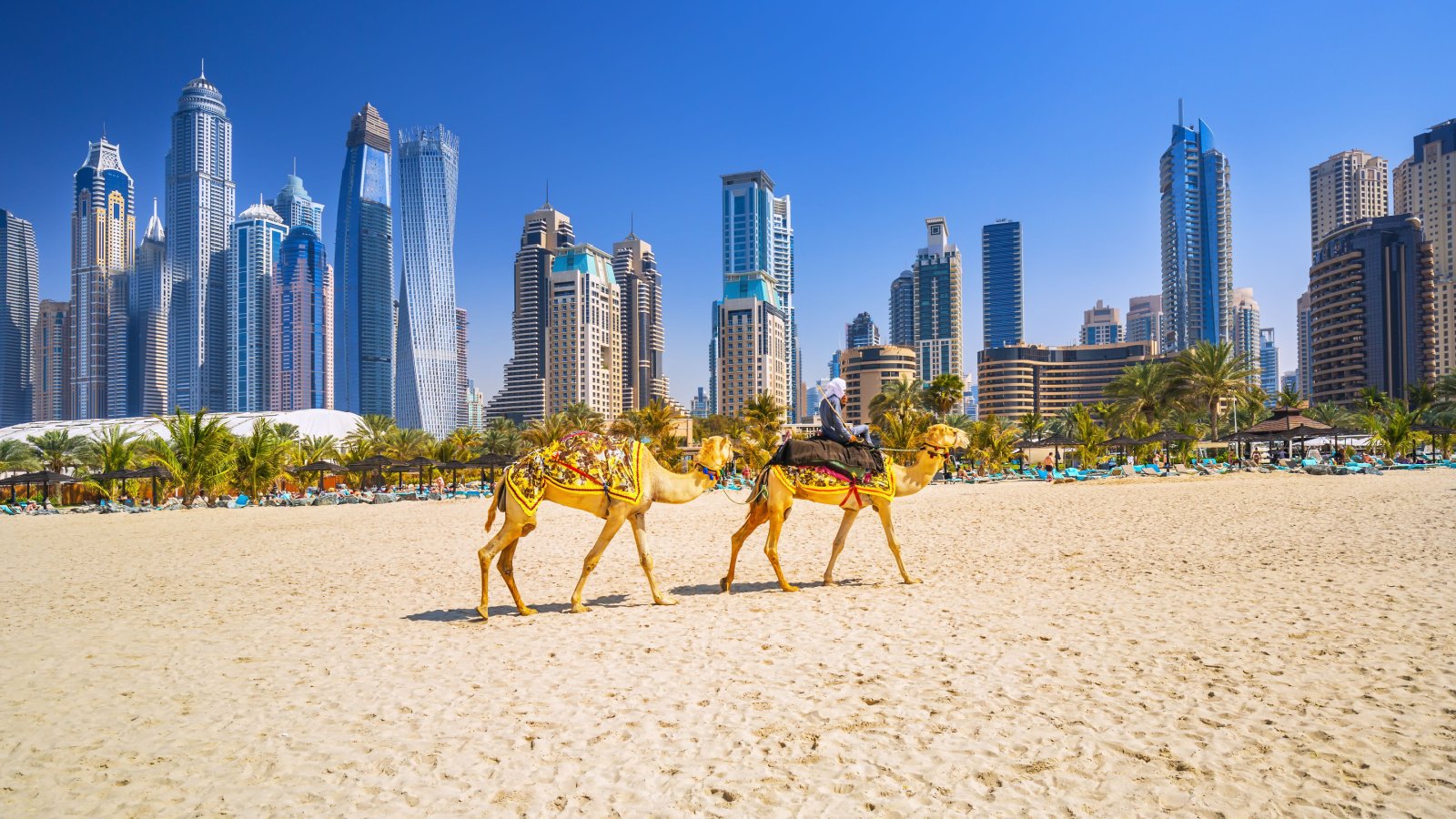

Nebenan können die Gäste nach wie vor klassisches
Roulette, Black Jack & Co. genießen. In der modernen Spiel-Arena mischen sich seither Live-
und Automatenspiel auf lässige Art. Dieser vernetzt landesweit/bayernweit alle staatlichen Spielbanken und verspricht schon ab einem Einsatz von 0,50 € imposante Gewinne von maximal einer Million Euro.
Klassische Tischspiele wie Roulette, Black Jack
oder Poker und hochmoderne Spielautomaten sowie Shows und Kulinarik gehören zu ihrem breitem Portfolio.
Ihrem Spieltrieb können Sie auch online nachgehen –
ein breites Angebot an Casinos wartet darauf, von Ihnen entdeckt zu werden.
Sehr klare Oberfläche, gute Spielauswahl, seriös und sicher.
Zusätzlich besteht Kooperation mit Beratungsstellen für verantwortungsbewusstes Glücksspiel.
Push-Mitteilungen informieren Sie über neue Aktionen, Freispiele und exklusive Angebote – sofort abrufbar,
ohne den Desktop öffnen zu müssen. Die App bietet schnellen Zugriff auf Spiele,
Boni, Zahlungen und Ihr persönliches Konto. Die Spielbank Lindau Online App bringt das Casino-Erlebnis direkt auf
Ihr Smartphone. Poker in Lindau ist sowohl online als auch bei ausgewählten Events vor Ort verfügbar.
References:
https://online-spielhallen.de/hitnspin-freispiele-250-gratis-50-ohne-einzahlung/
Additionally, understanding the licensing and regulation of the casino ensures a safe and fair gaming environment.
Online blackjack is a favorite among players due to its blend of luck and strategy.
Themed slots and progressive jackpots add to the excitement, offering substantial rewards and immersive gaming experiences.
With approximately 85% of gamers in Australia using smartphones for gaming,
mobile compatibility is a highly preferred feature.
A diverse game library and 24/7 customer support ensure
a comprehensive and enjoyable gaming environment at
Rakoo Casino.
BetVictor CasinoCanada is a renowned online platform that boasts
a vast library of games,plenty of betting options, and a
solid welcome package. Follow us on social media – Daily posts, no deposit bonuses, new
slots, and more A platform created to showcase all of our efforts aimed at bringing the vision of a
safer and more transparent online gambling industry to reality.
Reviews submitted by other players can tell you a lot about
a casino, how it treats its players, and the issues they commonly face while playing.
For a comprehensive guide to casinos that offer fast payouts, refer to
this page If you’re a player who enjoys betting big and reaping equally significant
rewards, high roller casinos are tailored for you.
References:
https://blackcoin.co/king-billy-casino-review/
If a casino offers local payment methods like POLi, Neosurf,
or crypto support, it’s a good sign they know the Aussie market.
Another easy way to spot a legit casino is by checking who supplies their games.
Choosing the wrong casino can lead to slow withdrawals, unfair games, or even blocked accounts.
With hundreds of online casinos now accepting Australian players,
it’s never been more important to know who you’re dealing with.
The fast withdrawals, flexible deposit methods, and support for both fiat and crypto make
it stand out in the crowded Aussie market. The more you play, the more you earn — through tailored promotions and personal bonuses designed
just for you.
Leon Casino supports a lot of payment options. Each game is of
high quality here. The library consists of several game types.
With all these Leon Casino promotions, you may increase your chances
of winning big on the platform.
References:
https://blackcoin.co/list-of-casinos-in-brisbane/
online casino real money paypal
References:
karierainsports.gr
mobile casino paypal
References:
https://reputable.cc/profile/shanicegalvez